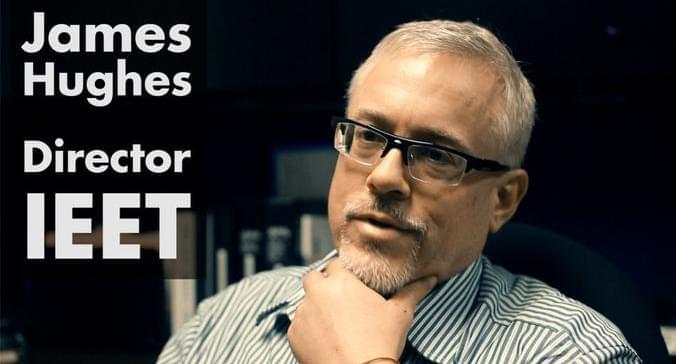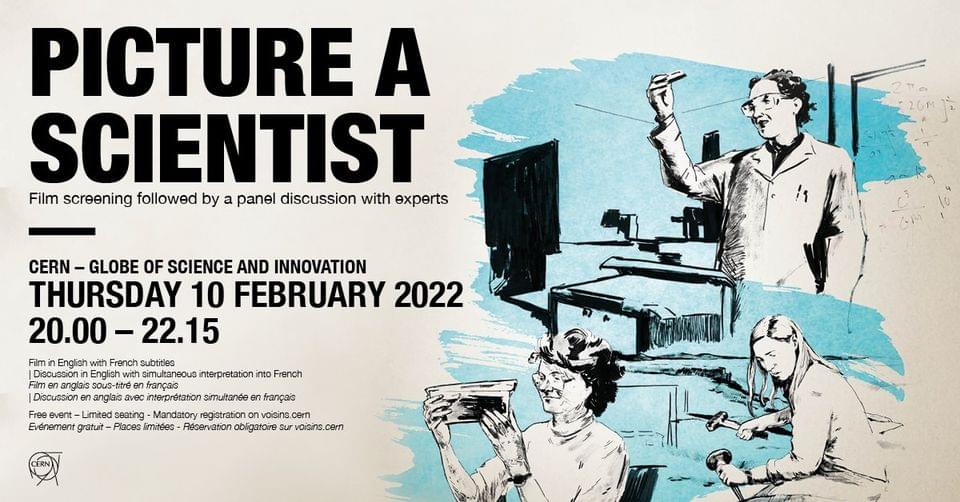Topic: James Hughes — The Future of Work (Future Day Talk) Time: Mar 1, 2022 08:00 AM Canberra, Melbourne, Sydney Join Zoom Meeting https://us02web.zoom.us/j/81306102463?pwd=eDBldno3cUdZZGcxVHoxNEJ1RkgrUT09 Meeting ID: 813 0610 2,463 Passcode: Q6VzpF
As part of the annual Future Day celebration, James Hughes will join us that may concern you — ‘The Future of Work’. Zoom details coming soon!
Abstract: The pandemic has launched a debate about the future of work around the world. Those who can work remotely have often found they prefer remote or flexible, hybrid options. The Great Resignation has put upward pressure on wages and benefits in the service sector, encouraging the implementation of automation. Climate change mitigation is encouraging a shift towards “green jobs.” Rapid changes in the labor market have made the payoffs of higher education uncertain for young people, while many societies are entering an old-age dependency crisis with too few workers paying taxes for growing numbers of pensioners. Before the pandemic proposals for universal basic income (UBI) were seen as necessary adaptations to imminent technological unemployment, and the during the pandemic many countries provided temporary UBI to keep people safe. We are now poised for a global discussion about whether we need to work at all, and what kinds of jobs are desirable.





